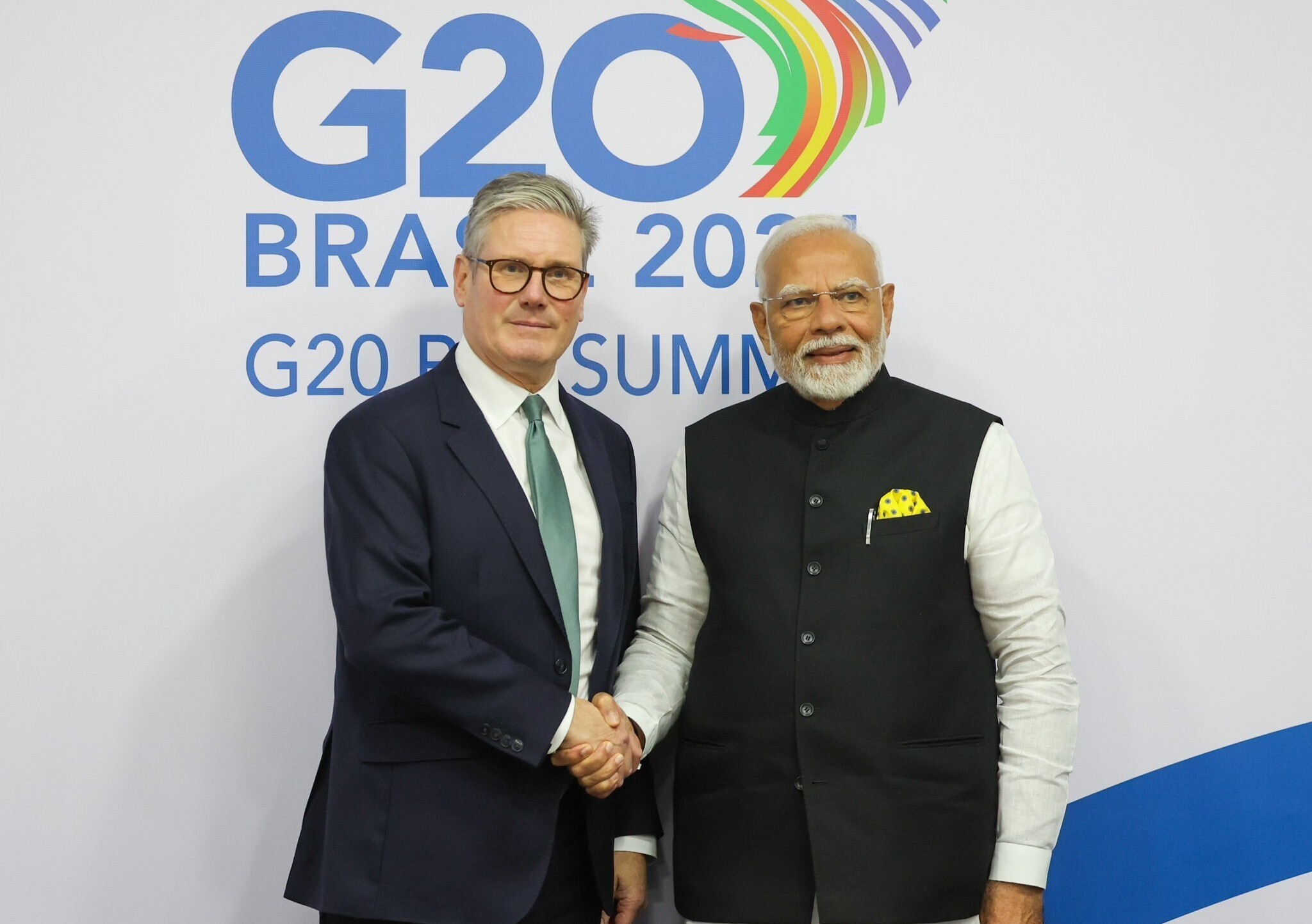您想继续阅读英文文章还
是切换到中文?
是切换到中文?

THINK ALUMINIUM THINK AL CIRCLE

India and the United Kingdom have recently concluded negotiations on a long-anticipated Free Trade Agreement (FTA) aimed at unlocking bilateral trade potential and reducing tariff barriers. The deal is expected to usher in smoother market access for Indian goods, from textiles and engineering products to aluminium and steel. But even before implementation begins, an invisible tariff threatens to erode these gains: the United Kingdom’s upcoming Carbon Border Adjustment Mechanism (CBAM).
 Image for representational purposes only (Source: https://x.com/narendramodi/)
Image for representational purposes only (Source: https://x.com/narendramodi/)
Set to take effect from January 1, 2027, the UK CBAM is designed to level the playing field between domestic and imported goods by placing a carbon cost on high-emission imports. In doing so, it mirrors the European Union’s CBAM, which enters its operational phase in 2026, albeit with some differences in mechanism and implementation.
FTA sweeteners meet climate tariffs
The FTA promised India tariff concessions to sharpen its export edge, especially in key sectors like iron, steel, and aluminium. However, the CBAM stands poised to offset these benefits. According to the Global Trade Research Initiative (GTRI), Indian exports to the UK worth nearly USD 775 million could be impacted due to CBAM-linked carbon charges—some of which could amount to 14 per cent to 35 per cent of a product’s value, depending on its embedded emissions.
Also read: CBAM needs fixing — before it’s too late for European aluminium
In short, Indian goods may soon enter the UK with one hand shaking on trade while the other collects a carbon tax at the border.
For Indian exporters, the timing could not be more contradictory. The FTA was expected to make India more competitive in the British market, especially for value-added products in engineering, automotive components, and primary metals. Now, the cost compliance architecture under CBAM could force these very sectors to absorb new reporting requirements, pay carbon surcharges, and potentially lose pricing advantage to local or greener suppliers.
…and so much more!
SIGN UP / LOGINResponses








